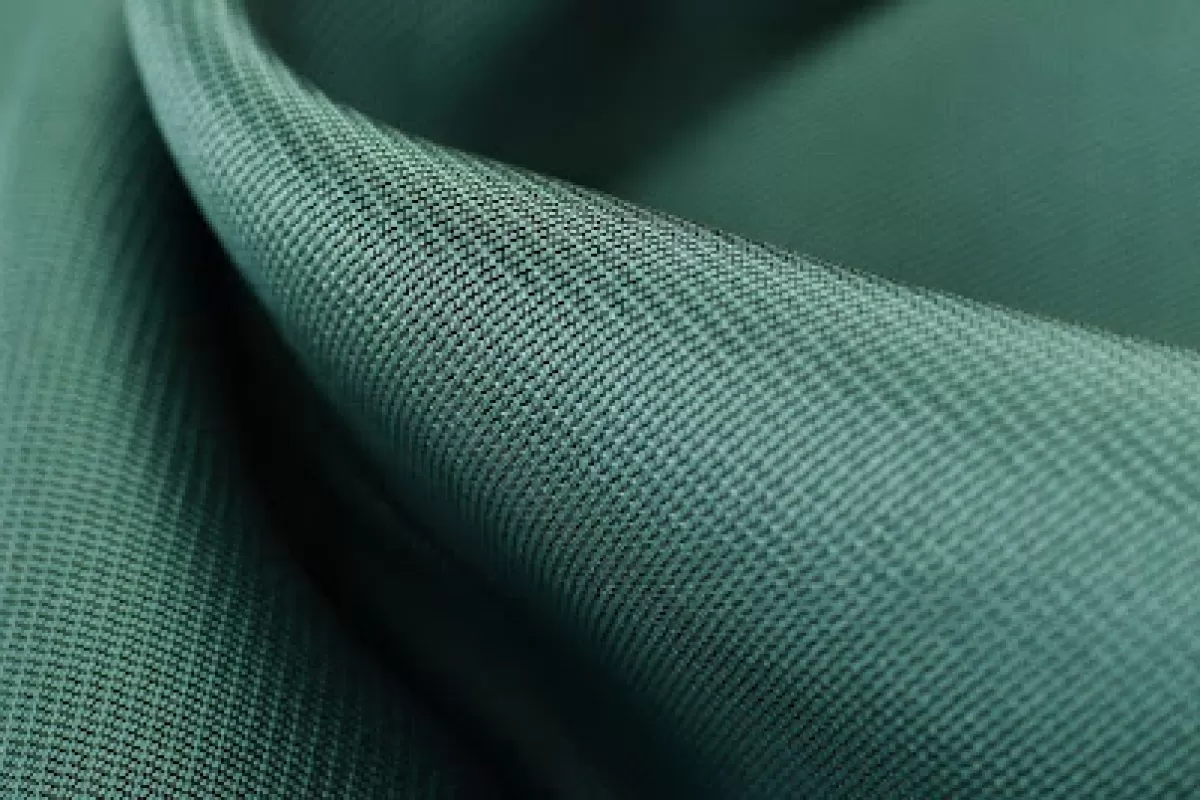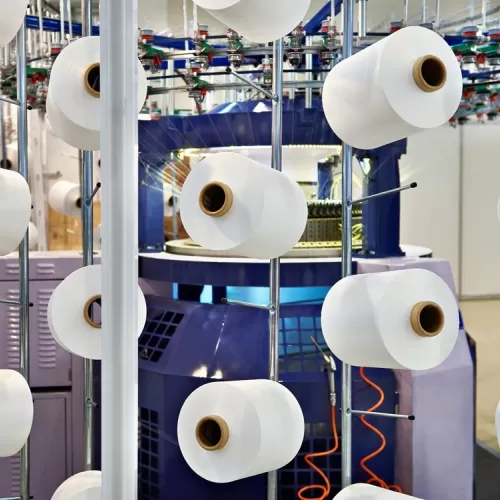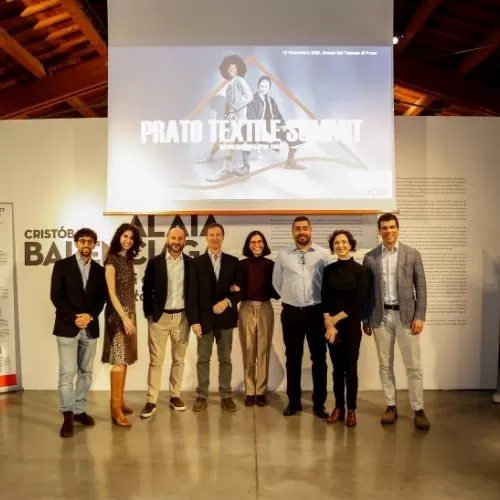03 Apr 2024
The eco-sustainable fashion revolution: trends and innovations
Why is sustainable fashion important?
In the fast-paced world of fashion, a quiet revolution towards more sustainable, waste-free fashion is gaining momentum. More than just a passing trend, this movement represents an urgent need to respond to the environmental impact of the textile industry. By reducing waste, using sustainable materials and promoting a responsible production ethic, eco-fashion aims to minimise the negative impact of textile production on our planet and make a significant contribution to its preservation.

Developments and trends towards greener fashion
Current trends in eco-friendly fashion and eco-friendly innovations in the textile industry are merging into a movement that is revolutionising the industry with a focus on transparency, traceability, ethics and sustainability. Some of the key trends and innovations that Fulgar has adopted are
- The use of recycled and more sustainable materials: the introduction of fabrics made from recycled materials, such as the reuse of plastic turned into polyester, and the use of more sustainable yarns are important steps towards a greener future. One example is Q-NOVA by Fulgar, a yarn made from waste materials from the company's main production cycle. Or the Q-Cycle by Fulgar® yarn, made from 100% non-fossil raw materials in a mass balance approach.
- Assessing its environmental impact: one example is the introduction of the Life Cycle Assessment (LCA). This is a study that follows international standards to evaluate the environmental impact of a product, process or service through all the stages of the life cycle of textile products.
- Improved traceability and transparency: the adoption of traceability systems that provide key information, such as the geographical location of the main processing steps of the purchased goods, is crucial to ensure transparency throughout the supply chain, from producer to consumer.
- Implementing environmentally friendly production technologies: reducing the consumption of resources and energy to reduce pollutant emissions contributes to cleaner and more sustainable production.
Fulgar's innovations for sustainable fashion
The social responsibility of fashion companies plays a crucial role in the orientation towards sustainable practices. Fulgar, aware of this responsibility, has based its sustainability strategy on a careful environmental behaviour aimed at preserving and improving the global ecosystem. Key elements of this environmental commitment and responsibility include:
- A production process characterised by low energy consumption.
- A strong commitment to recycling and waste management.
- The implementation of a traceability system for finished products.
Among our outstanding innovations, Q-cycle yarn stands out as a symbol of our commitment. Produced through pyrolysis as part of the ChemCycling™ project, Q-cycle transforms scrap tyres into a new resource, reducing the need for fossil raw materials through a third party verified mass balance system. This innovative technology not only allows waste plastic to be reused on an industrial scale, but also offers significant benefits in terms of reduced CO2 emissions - around 40% less than a textured Fulgar nylon yarn made from virgin polymer - and reduced water consumption, as demonstrated by the European LCA standards (Recommendation 2013/179/ce PEF) - ISO 14040 and ISO 14044.
Discover how Fulgar is shaping the future of sustainable fashion and join us on our journey towards a greener tomorrow!




